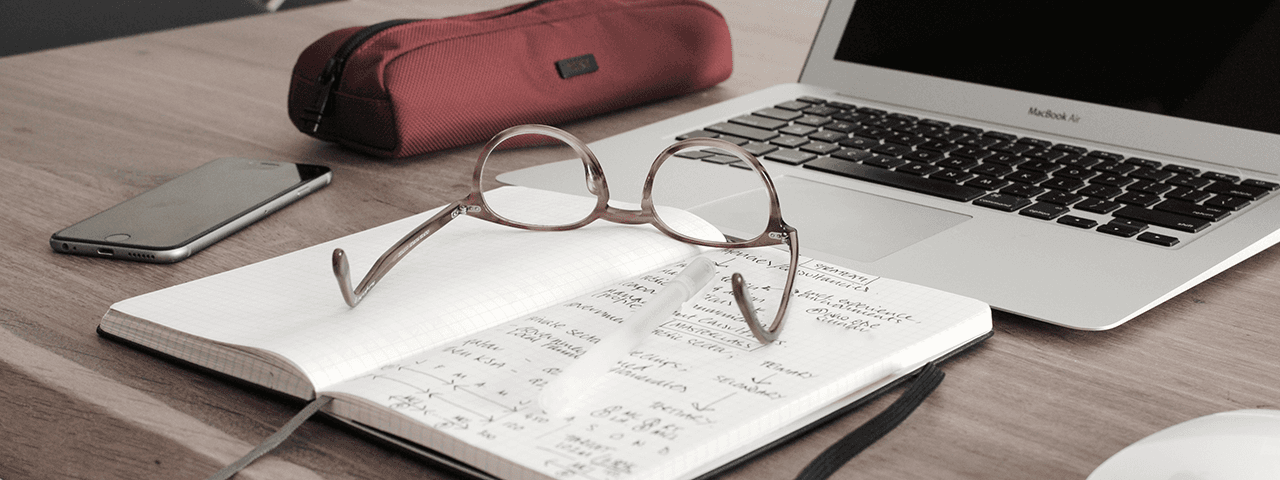Download the 2024 National ReportIntroducing the Resident Trust Index (RTI)Download the 2024 National Study Report

How much should you be spending on rent per month?
With a housing crisis looming and rent costs skyrocketing across the country, figuring out how much you can afford to spend on monthly rent is the first step in your renter journey. Whether you're moving into your first spot or changing apartments, it's something every resident must consider before searching for their dream home.
Here are a few things to consider:
- Where you live dictates everything: How far is your commute? Are you saving money living further away from your job or school? Would it save you money, in the long run, to live within walking distance of where you need to be every day?
- What are your lifestyle needs: Do you want a gym in your building? Or do you want to be within walking distance of a gym you already belong to? What about laundry—in-unit or laundromat on the corner? Food access is something to consider as well: where's the nearest grocery store? What about bodegas or small corner markets? All of your daily needs should be considered when figuring out your total budget.
- Consider your spending habits: If you frequently find that you're going out to eat multiple nights a week or hit your favorite stores every weekend, how can you cut down on your spending to ensure you're not spending too much on rent? Your rent shouldn’t cause you to fall deeper into debt. Ever.
Think about additional costs with a move, too:
- Utilities: Are utilities included in your rental price? Ask your home provider which utilities you’ll be responsible for each month, and about how much they usually cost. Then, fact-check them by researching the averages for your city or neighborhood online. Add this to your total rental cost when budgeting.
- Security deposit: Most leases require a security deposit of one month's rent before you can move in—sometimes more. Find out exactly how much you’re expected to pay upon signing your lease and make sure you can cover it. According to Zillow, most renters (88%) reported paying a security deposit in 2021—typically around $700 among renters that paid one.
- Fees: Are there any additional fees to consider before signing your new lease? Some examples are a one-time broker fee, monthly maintenance fee, and additional costs for monthly parking or pet deposits.
Here are a few tried and true methods you can use to calculate:
- The 30% Rule: A popular standard for budgeting rent to follow is the 30% rule, where you spend a maximum of 30% of your monthly income before taxes (your gross income) on your rent. This has been a rule of thumb since 1981, when the government found that people who spent over 30% of their income on housing were "cost-burdened."
- The 50/30/20 Method: The rule entails spending 50% of your monthly income on essentials like rent, bills, and groceries, spending 30% on non-essential purchases like shopping or going out to eat, and putting 20% into a savings account. If your rent pushes above 30% of your gross income, by limiting your monthly bills, you may be able to keep rent and bills less than 50% of your total budget.
If you're still unsure based on the tips above, RentCafe has a helpful affordability calculator that allows you to change the percentage of your income you want to spend on housing. As always, talk to your home provider about how much they typically increase rent year-over-year before signing your lease—that way, you can prepare yourself to settle in and anticipate future costs, as well.